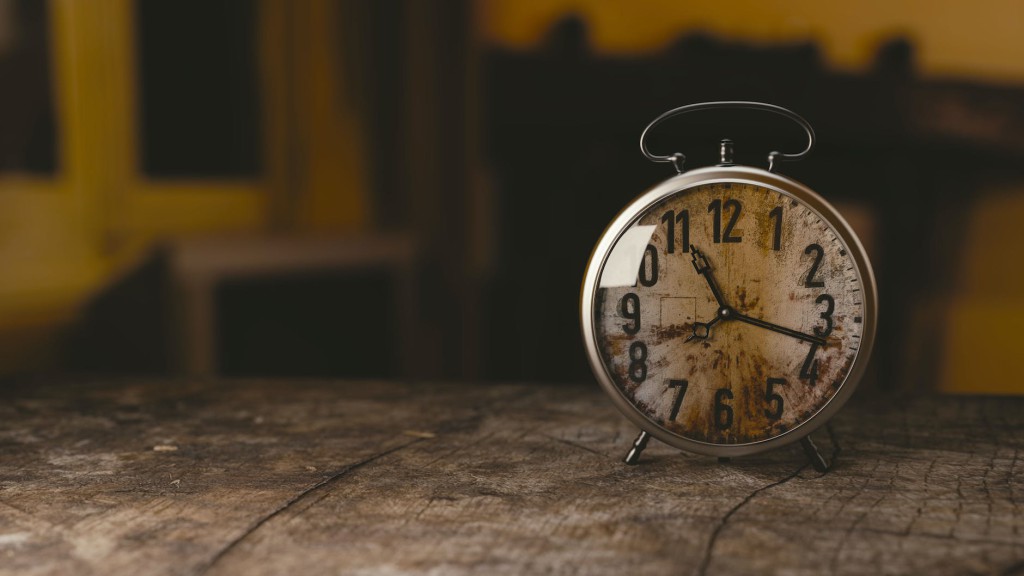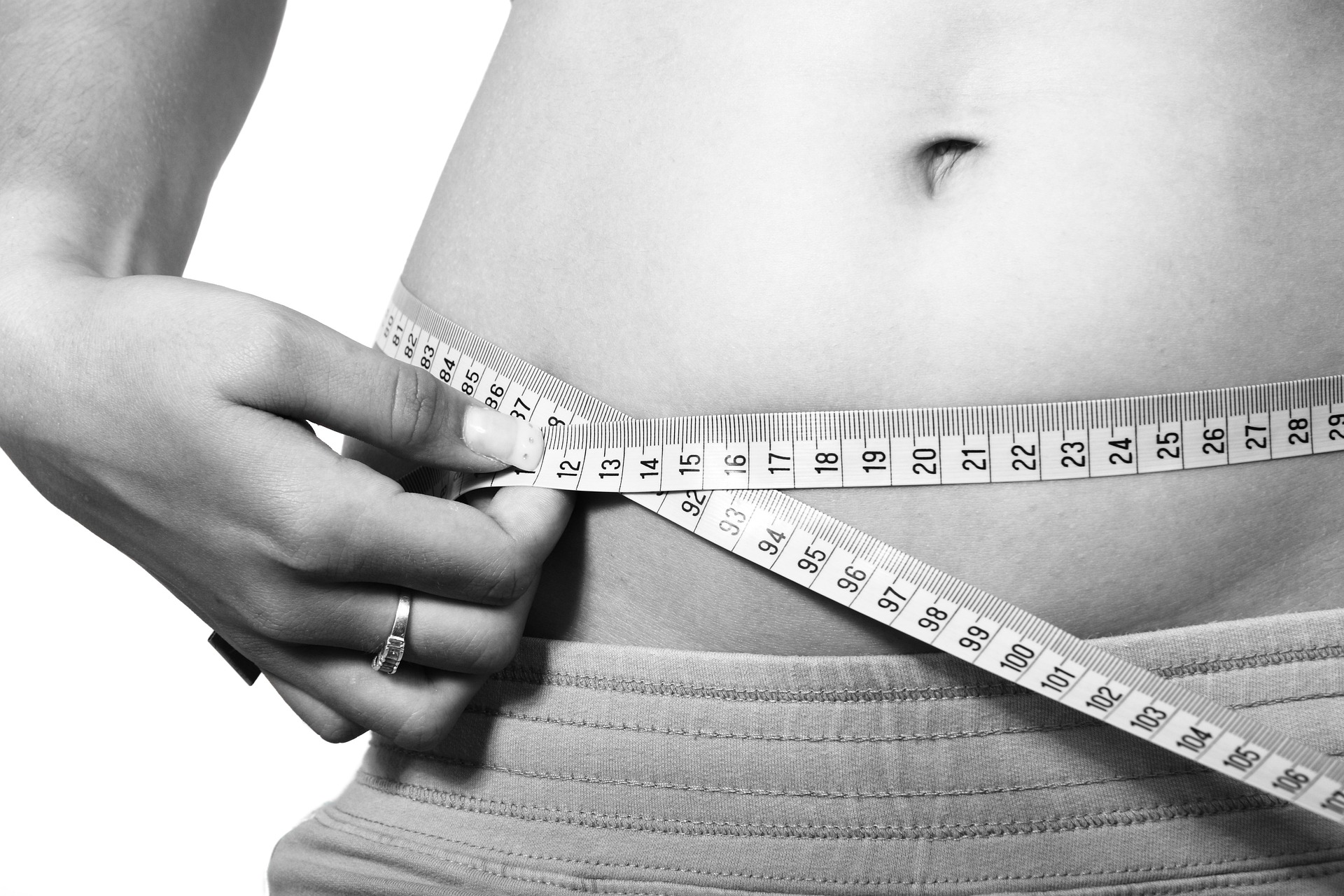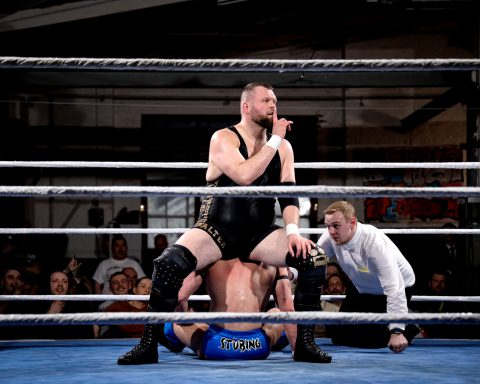Train rides in Germany are often almost intimidatingly silent, to the extent that I often avoid making phone calls, in fear of upsetting the ingrained tranquillity in the carriage.
Being Irish, I’m used to the spontaneous small talk that goes on not just in public houses, but also on public transport, even if in the most banal sense. But it is unlikely that a German will spontaneously engage you in conversation.
So imagine my surprise when, on a train near Heidelberg, a young German said, “Excuse me, do you mind if I ask you a question?” Ever so polite, the Germans.
I was at this stage texting on my hardy 4-year-old Nokia 1661.
-“You don’t have smartphone?”
-“No, I don’t.”
-“It’s not just your second phone?”
-“No, just have this one.”
He was impressed, I could tell. It’s this sort of reaction which keeps me going.
No, it’s not. There’s much more to my dedication to my basic model of mobile phone.

With Nokia revealing their updated version of the now 16-year-old 3310 model, there are expectations from many that this will become a popular purchase among those looking to have an unimportant second phone which could be less painfully lost or damaged at festivals, for example.
Let me take this opportunity to encourage you to make this investment for life and get rid of your smartphone. This, of course, is easier said than done – once you have one, it’s harder to live without it.
But there is a certain sense of liberation to not having a smartphone. The obsessive nature of our 21st century life – constant communication, applications, the Internet, email and WhatsApp – means that those who own smartphones are connected and interactive for large parts of the day, with their brains programmed to check their phones at any opportunity.

According to the Daily Mail (if that can be classified as a reliable source), the average smartphone user reaches for their phone at 7.31am, making it the first thing they do each morning. Many apparently pick up their smartphones more than 1500 times each week, and use their device on average for 3 hours and sixteen minutes each day.
Just think about what you could be doing in that time – you could run thirty kilometres, finish a short novel, check out a museum… or even have a real, rather than virtual conversation!
I belong to the last generation that can, just about, remember life without computers and smartphones.
As a child, when boredom struck, it was typical for my siblings and I to invent a game, play outside or stick our heads in a book. My younger sister became such as expert here, that at one point she was reading a book a day.
These days our first reaction is to check Facebook or our email account. I, like many others, already spend too much time online.
The Internet has its uses. Yet my choice not to have a smartphone means that, when I choose to, I can be completely unconnected and have less desire to habitually logon.
Sure, there are downsides: as so much of communication and making plans is done online, by Facebook or WhatsApp, I occasionally miss out on spontaneous arrangements, or I don’t know how late my friend will actually be. Without a smartphone, I can’t work as a courier for Lieferando, and I can’t read the latest news articles when travelling. If stuck somewhere, I can’t call an Uber, and the chances of me having a local taxi number are slim to none.

Yet up until now, the pros have far outweighed the cons.
To begin with, I save a hell of a lot of money: recently I have spent an average of €10 every 3 months on my phone bill. Perhaps I am also an anomaly, as so few people try to reach me by telephone. But you could certainly save a lot.
Secondly, the new Nokia is said to have a battery life of up to one month. I generally charge my phone no more than once a week, and no matter how many times I drop it, it does not break. So, whether you’re stingy or clumsy, these practicalities may convince you of the utility of a non-smartphone.
Thirdly, I’m more inclined to read a book, listen to music or a podcast, do some knitting or take part in a leisure activity when I find myself on long journeys or at a loose end.
That spending too much time being connected is bad for one, is perhaps more difficult to substantiate objectively. Yet when experiencing complete disconnection from technology – for example, going hiking surrounded by nature – one is overcome by a certain sense of peace and calm.
And you may not always know where you are, but you can ask someone to point you in the right direction and – what’s that? You’ve made contact with a real-life stranger!
I’ve recently spent two hours researching the maze of “work and travel” visas to the US. The abundance and obscurity of the information was wrecking my brain and I had to call halts to this and go for a run.
This links to my forth point on the negative effects smartphones can have on mental and general health.
A study from Northwestern University found that the more time an individual spends on the smartphone, the more likely they are to be suffering from depression.
The BBC has recently reported the negative effects on sleep that “blue light” from smartphones etc. has on sleep patterns among young people.
The British Chiropractic Association has noted the negative consequences that increased use of technology, including smartphones, has had on neck and back problems.
Studies have linked stress levels and smartphone- and more specifically social media-use, potentially caused by the compulsive need to instantly check and answer every notification, text or call.

Finally, if my pitch hasn’t persuaded you yet, think about the kudos you could get. For those in Leipzig who are perhaps still trying to cultivate their “alternativity,” this could be a great way.
The next time you’re getting tattooed or pierced, eating at a vegan restaurant, shopping at a vintage second hand store, or going to your yoga class in Connewitz, you can whip out your Nokia 3310 and people will be instantly impressed at what lengths you go to keep up the appearance of being hipster. Maybe, people will even think you’re “cool.”









